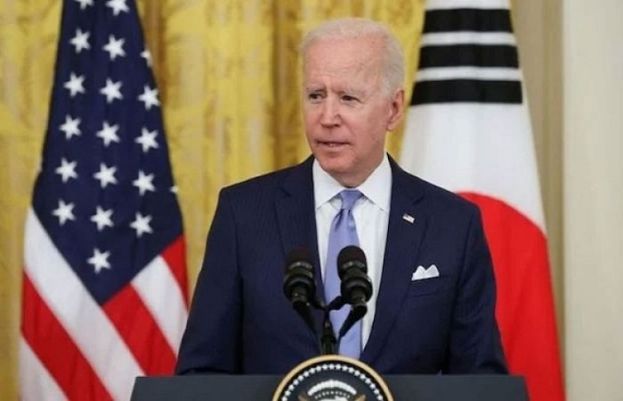
China, the United States' principal rival, is not invited, while Taiwan is — a move that risks angering Beijing.
Turkey, which like America is a member of Nato, is also missing from the list of participants.
Among the countries of the Middle East, only Israel and Iraq will take place in the online conference.
Traditional Arab allies of the US — Egypt, Saudi Arabia, Jordan, Qatar and the United Arab Emirates — are not invited.
Biden invited Brazil even though its far-right president, Jair Bolsonaro has been criticised as having an authoritarian bent and was a firm supporter of Donald Trump.
In Europe, Poland was invited to the summit despite persistent tension with the European Union over its human rights record. Hungary, led by hardline nationalist Prime Minister Viktor Orban, was not invited.
In Africa, the Democratic Republic of Congo, South Africa, Nigeria and Niger are among the countries on the list.
The conference was a campaign pledge by the US president, who has placed the struggle between democracies and “autocratic governments” at the heart of his foreign policy.
The “Summit for Democracy” will take place online on December 9 and 10 ahead of an in-person meeting at its second edition next year.
In announcing the summit back in August, the White House said the meeting would “galvanise commitments and initiatives across three principal themes: defending against authoritarianism, fighting corruption, and promoting respect for human rights”.
“For this kick-off summit [...] there's a case for getting a broad set of actors into the room: it provides for a better exchange of ideas than setting a perfect bar for qualification,” Laleh Ispahani of the Open Society Foundations told AFP.
Rather than using the summit as an anti-China meeting, Ispahani urged Biden to address “the serious decline of democracy around the world — including relatively robust models like the US”.
No comments:
Post a Comment